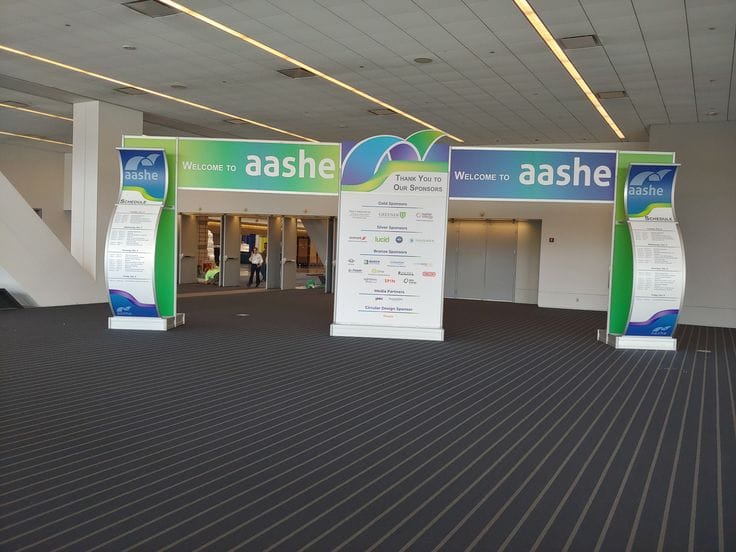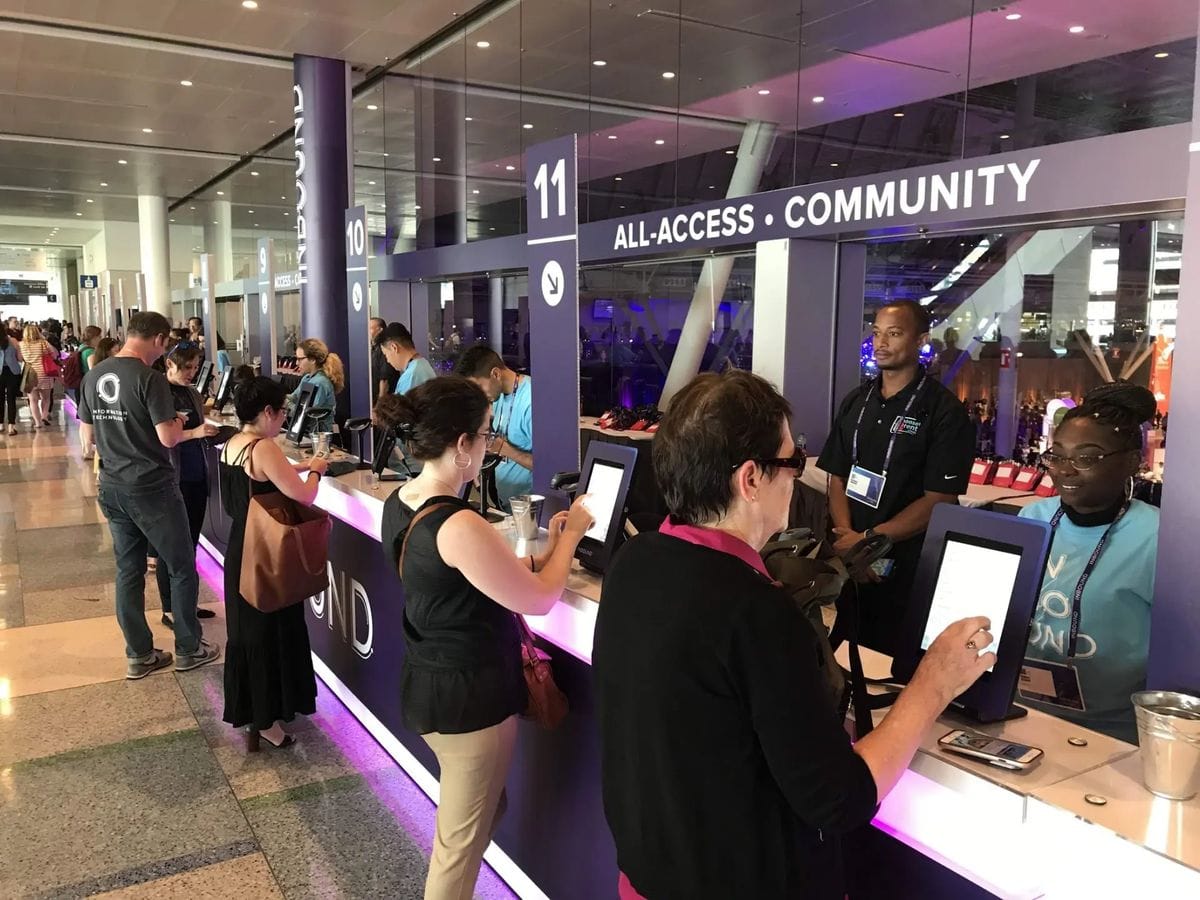How to choose and integrate event tech that matches your goals, simplifies event logistics, and improves attendee experience
The modern event landscape has been transformed by technology. From virtual networking platforms to AI-powered matchmaking, event organizers today have access to an unprecedented array of digital tools. However, with countless options available, choosing the right technology stack can feel overwhelming. The key lies not in adopting every new tool, but in strategically selecting technologies that align with your specific event goals and enhance both operational efficiency and attendee satisfaction.
Understanding Your Event Tech Foundation
Before diving into specific tools, it's crucial to understand what constitutes an effective event tech stack. Think of it as the digital infrastructure that supports every aspect of your event, from initial planning through post-event follow-up. A well-designed tech stack should seamlessly integrate multiple components while serving distinct purposes throughout the event lifecycle.
The most successful event organizers approach technology selection with a clear understanding of their primary objectives. Are you focused on maximizing networking opportunities? Streamlining registration and check-in processes? Gathering comprehensive attendee data? Or perhaps creating immersive hybrid experiences that engage both in-person and virtual participants? Your answers to these questions will guide every subsequent technology decision.

Core Components of a Modern Event Tech Stack
Registration and Event Management Platforms
Your registration system serves as the first touchpoint between your event and potential attendees, making it a critical component of your tech stack. Modern registration platforms go far beyond simple ticket sales, offering sophisticated features like tiered pricing, early bird discounts, group registrations, and detailed attendee profiling.
Comprehensive event management platforms serve as the central nervous system of your tech stack, coordinating multiple functions from a single dashboard. These systems typically include features for venue management, speaker coordination, schedule building, and team collaboration. When selecting platforms, prioritize those that offer robust API integrations, allowing you to connect with specialized tools that address your unique requirements.
Mobile Event Apps and Networking Tools
Mobile apps have become essential for creating engaging, interactive event experiences. Modern event apps go beyond static schedules and speaker bios, offering features like live polling, Q&A sessions, networking tools, and gamification elements that encourage active participation.
Facilitating meaningful connections between attendees is often a primary goal for events, and technology can significantly enhance networking opportunities. AI-powered matchmaking tools analyze attendee profiles and interests to suggest relevant connections, while dedicated networking platforms provide structured environments for relationship building.
AI-Powered Event Intelligence
Artificial intelligence is revolutionizing how events are planned, executed, and optimized. AI-powered platforms like Venzi are transforming event management by providing intelligent insights, automated workflows, and predictive analytics that help organizers make data-driven decisions throughout the event lifecycle.
These advanced platforms can analyze attendee behavior patterns, predict engagement levels, optimize session scheduling, and even suggest content recommendations based on participant interests. AI tools excel at managing complex logistics, from automated speaker coordination to intelligent venue capacity management, allowing event organizers to focus on creating exceptional experiences rather than getting bogged down in operational details.
Hybrid Events and Analytics
The rise of hybrid events has created demand for sophisticated streaming and interaction technologies. Modern hybrid platforms offer multi-camera production capabilities, interactive features for remote attendees, and seamless integration between physical and virtual experiences. When selecting hybrid event technology, consider factors like video quality, latency, audience capacity, and interactive features.
Data-driven decision making has become crucial for event success, and modern analytics tools provide unprecedented insights into attendee behavior, engagement levels, and event performance. These platforms can track everything from session attendance and app usage to networking activity and content engagement.
Strategic Integration and Implementation
The true power of an event tech stack lies not in individual tools, but in how effectively they work together. Successful integration requires careful planning and a clear understanding of data flow between systems. API integrations are often the key to seamless connectivity between platforms, while data consistency ensures that attendee information remains synchronized across all systems.
Budget considerations are equally important. Technology investments can represent a significant portion of your event budget, making careful financial planning essential. Calculate potential ROI by considering both cost savings and revenue generation opportunities. Automated processes can reduce staffing requirements, while enhanced attendee experiences can justify premium pricing.
The Future of Event Technology
As we look toward the future of event technology, artificial intelligence emerges as the most transformative force in the industry. Platforms like Venzi are pioneering this evolution by offering comprehensive AI-powered event management solutions that go beyond traditional tools to provide intelligent, predictive, and adaptive event experiences.
AI-driven platforms excel in areas where human capabilities reach their limits. They can process vast amounts of attendee data to identify optimal networking matches, predict which sessions will be most popular, and even suggest real-time agenda adjustments based on engagement patterns. This level of intelligence enables event organizers to create truly personalized experiences that adapt to attendee preferences and behaviors in real-time.

Conclusion
Building an effective event tech stack is both an art and a science, requiring strategic thinking, careful planning, and ongoing optimization. The most successful approach focuses on understanding your specific event goals and selecting technologies that enhance rather than complicate your operations.
Remember that technology should serve your event objectives, not drive them. The best tech stacks are often invisible to attendees, seamlessly facilitating great experiences without drawing attention to themselves. By focusing on integration, user experience, and measurable outcomes, you can create a technology foundation that supports exceptional events and drives long-term success.


